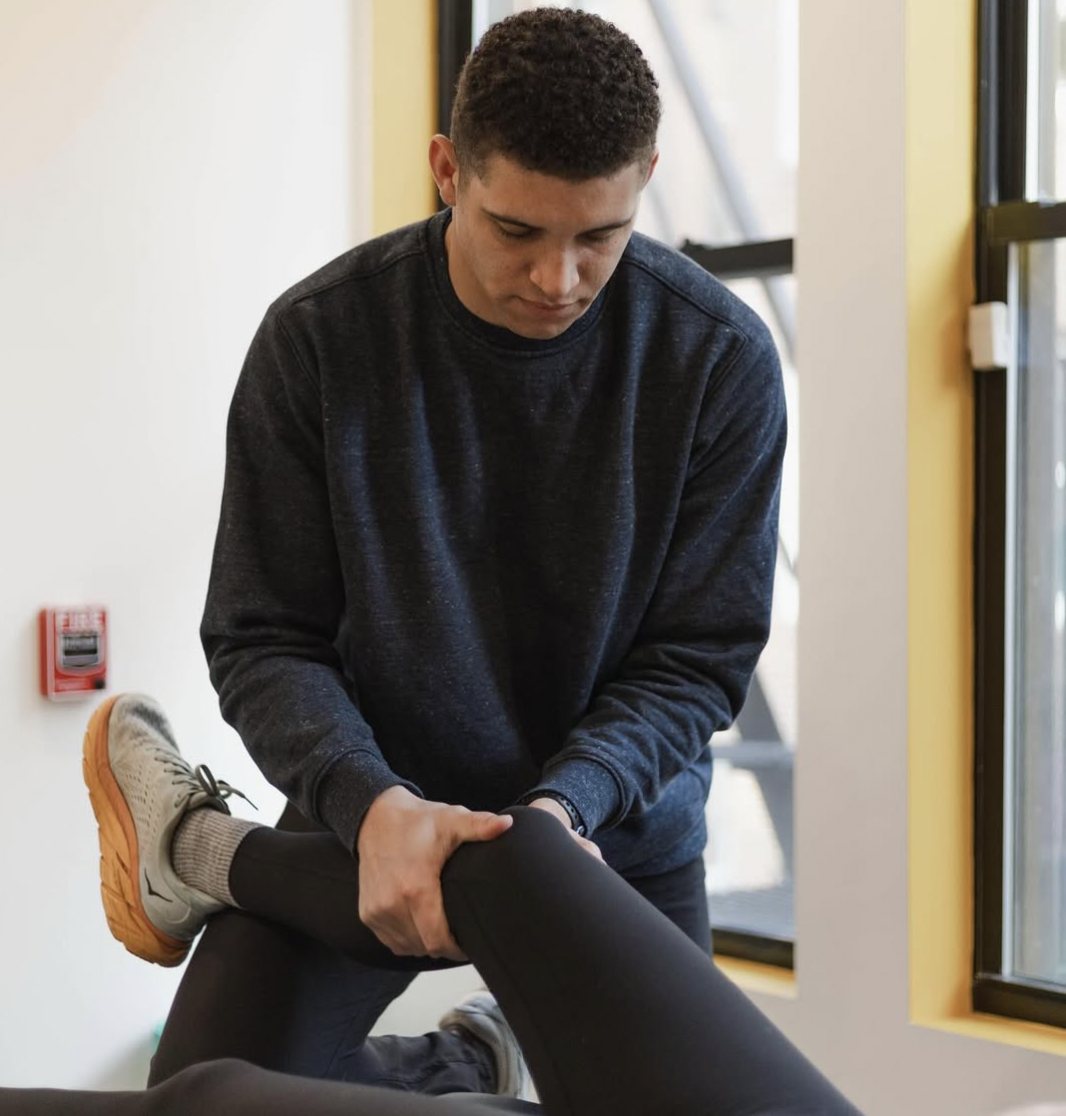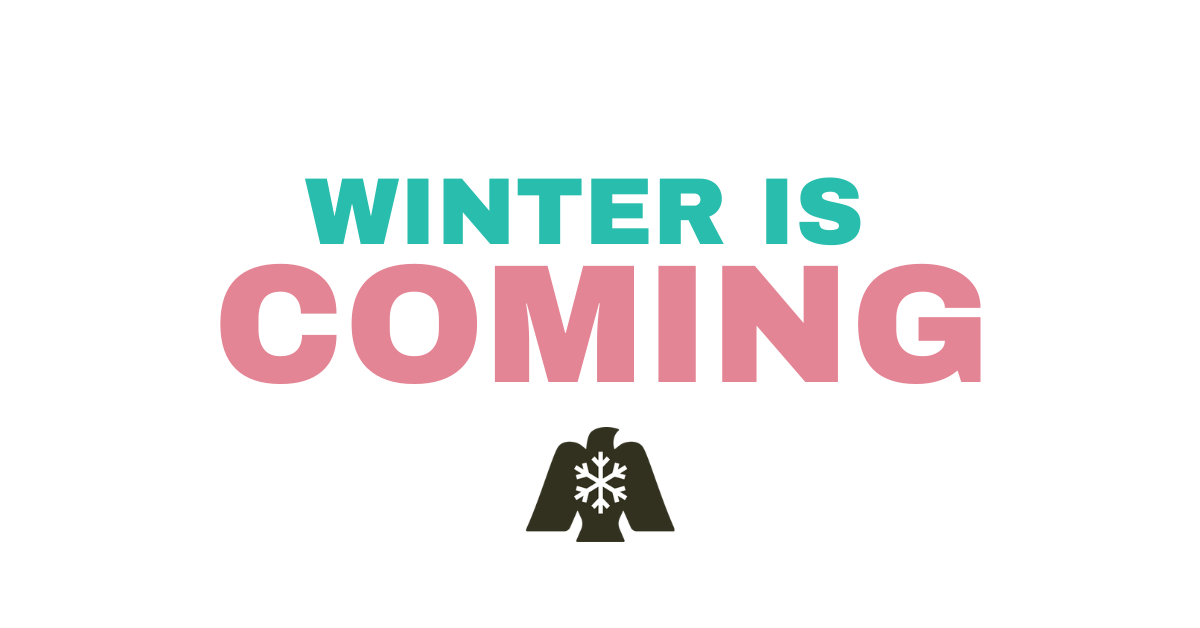End-of-Season Conditioning: Staying Fit After Ski and Snowboard Season

As ski and snowboard season comes to an end, many athletes take a break from their usual training routine. However, staying active in the off-season is crucial for maintaining strength, mobility, and endurance—key factors that help prevent injuries and improve next season’s performance.
Without proper conditioning, muscle imbalances and decreased flexibility can set in, making it harder to return to peak form when winter rolls around again. Off-season training helps keep legs, core, and stabilizing muscles strong, while also giving your body time to recover from any lingering fatigue or minor injuries.
READ: The Complete Guide to Brookline Physical Therapy
 At Ripple in Brookline, we work with skiers and snowboarders to develop customized off-season conditioning programs that focus on strength, mobility, and injury prevention. Whether you’re looking to stay in shape, address movement limitations, or prepare for next season, a structured approach can help you come back stronger than ever.
At Ripple in Brookline, we work with skiers and snowboarders to develop customized off-season conditioning programs that focus on strength, mobility, and injury prevention. Whether you’re looking to stay in shape, address movement limitations, or prepare for next season, a structured approach can help you come back stronger than ever.
Key Areas to Focus on for Post-Season Training
A well-rounded off-season training program helps maintain fitness, prevent injuries, and build a stronger foundation for next winter. By focusing on strength, mobility, and endurance, skiers and snowboarders can stay in peak condition year-round.
-
Strength Maintenance
Skiing and snowboarding demand leg power, core stability, and balance. To avoid muscle loss and maintain performance:
- Focus on lower body strength with squats, lunges, and step-ups.
- Incorporate core exercises like planks and rotational movements to improve control.
- Train stabilizing muscles around the knees, hips, and ankles to prevent injuries.
-
Mobility & Flexibility
After a season of repetitive movement patterns, the body can develop tightness and stiffness. Maintaining mobility helps prevent imbalances and reduces injury risk:
- Use dynamic stretching and mobility drills to keep joints moving freely.
- Incorporate yoga or Pilates for flexibility and stability.
- Prioritize hip and ankle mobility, which are key for smooth movement on the slopes.
READ: You're An Athlete (yes, you 👀)
-
Cardiovascular Endurance
Even when you’re not skiing or snowboarding, maintaining endurance is important for stamina and overall fitness. Good options for off-season cardio include:
- Cycling or rowing to build leg endurance without excessive impact.
- Trail running or hiking to improve agility and balance.
- Interval training to simulate the bursts of effort required in winter sports.
By targeting these key areas, skiers and snowboarders can stay strong, mobile, and conditioned—setting themselves up for a smoother transition back to the slopes next season.
Best Exercises for Ski & Snowboard Off-Season Conditioning
To stay strong and injury-free between seasons, skiers and snowboarders should focus on building strength, improving mobility, and maintaining endurance. These exercises target key muscle groups and movement patterns that translate directly to winter sports performance.
Lower Body and Core Strength Exercises
- Squats – Build leg strength and endurance for long days on the slopes.
- Lunges (forward, lateral, and reverse) – Improve single-leg stability and knee control.
- Step-Ups – Mimic the motion of absorbing impact and pushing off in skiing and snowboarding.
- Deadlifts – Strengthen the posterior chain, improving power and balance.
- Planks and Side Planks – Enhance core stability, crucial for maintaining control on variable terrain.
READ: Why Boston Runners Need Physical Therapy
 Dynamic Stretching and Mobility Work
Dynamic Stretching and Mobility Work
- Hip 90/90 Stretch – Improves hip rotation and flexibility.
- Ankle Mobility Drills – Helps with balance and edge control in snowboarding and skiing.
- Cat-Cow Stretch – Promotes spinal mobility for better posture on the slopes.
- Hamstring and Quad Stretches – Prevents tightness that can lead to strains or imbalances.
Cross-Training for Endurance and Agility
- Cycling – Low-impact cardio that builds leg endurance.
- Trail Running or Hiking – Strengthens stabilizing muscles while improving cardiovascular fitness.
- Plyometric Training – Box jumps, skater hops, and jump lunges improve explosive power.
- Balance Drills – BOSU ball exercises and single-leg stability work enhance proprioception.
By incorporating these exercises into a structured routine, skiers and snowboarders can stay fit, prevent injuries, and improve their performance year-round.
How Physical Therapy Can Help with Off-Season Recovery
Skiing and snowboarding put a lot of stress on the body, and even if you finish the season without a major injury, minor aches, muscle imbalances, or movement restrictions can linger. Working with a physical therapist in the off-season can help address these issues and set you up for a stronger return next winter.
Addressing Lingering Aches and Pains
- Many skiers and snowboarders experience knee pain, hip tightness, or lower back discomfort after months of riding.
- A movement assessment with a physical therapist can identify areas of weakness or restriction.
- Hands-on therapy and targeted exercises can help resolve these issues before they lead to bigger problems.
Improving Movement Mechanics to Prevent Future Injuries
- Poor movement patterns can increase strain on the knees, hips, and spine.
- A physical therapist can correct imbalances in strength and mobility, ensuring better movement efficiency.
- Injury prevention strategies, including joint stabilization and flexibility training, help reduce the risk of future setbacks.
READ: To Heal A Climber
Personalized Strength and Mobility Programs at Ripple
At Ripple in Brookline, we create individualized plans to help skiers and snowboarders:
- Regain strength and balance after a long season.
- Improve flexibility and joint mobility for smoother, more controlled movement.
- Build resilience through strength training and endurance work.
By incorporating physical therapy into your off-season routine, you can address past issues, improve your fitness, and set yourself up for a successful next season.
Stay Strong Year-Round with Expert Guidance from Ripple
Staying active after ski and snowboard season is the key to maintaining strength, preventing injuries, and improving performance for the next time you hit the slopes. A well-rounded off-season conditioning plan, combined with expert physical therapy, ensures you stay fit and ready for the demands of winter sports.
At Ripple in Brookline, our team of specialists designs personalized training and rehab programs to help skiers and snowboarders:
- Recover from the physical demands of the season.
- Improve strength, mobility, and endurance year-round.
- Address any lingering pain or movement imbalances.
Start Your Off-Season Training Today
If you want to stay strong and injury-free between seasons, now is the time to start. Whether you need rehab, strength training, or mobility work, Ripple has you covered.
Take control of your off-season training and return to the slopes stronger than ever.


